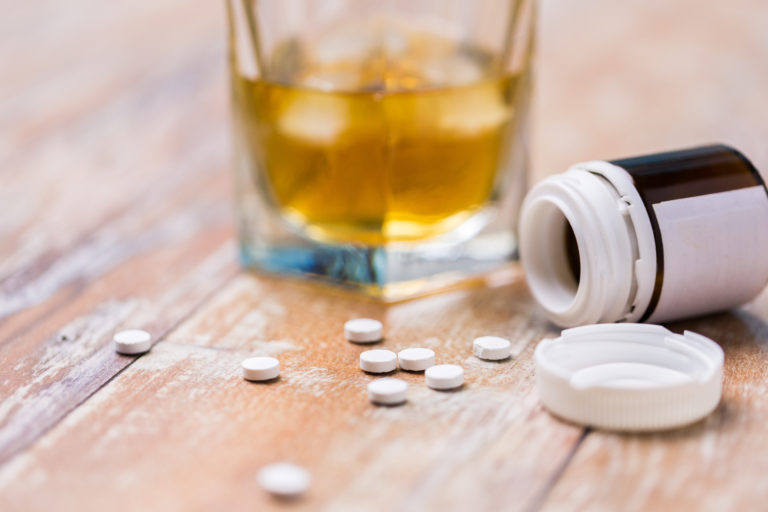
The mounting stress from self-isolation and social distancing — combined with the recent announcement that Florida bars and night clubs will be closed for 30 days — has many experts concerned about a potential spike in alcohol and substance abuse.
Research from the National Institute on Alcohol Abuse and Alcoholism shows that alcohol consumption typically increases dramatically during and after catastrophic events like September 11 and Hurricane Katrina.
Dr. Christine Cauffield, CEO of LSF Health Systems and clinical psychologist, shares her concerns that the coronavirus could trigger a similar uptick in alcohol use disorders as well as share signs that you or a loved one may be consuming alcohol at unhealthy levels.
The connection between an increase in drinking and drug use following national catastrophes:
-
- Very similar to the links we’ve seen between Post Traumatic Stress Disorder in veterans and drug abuse, studies show a significant link between Alcohol Use Disorder and disasters — both natural and man-made.
- More families are working from home and balancing homeschooling and related childcare issues, which has the potential to increase stress levels even further. Not to mention the financial stresses this may put on local families.
- All these factors can increase stressors and lead those prone to alcoholism or drug abuse to lean more heavily on those substances.
- State officials made the decision to close bars and nightclubs for 30 days. This may limit alcohol consumption among social drinkers, but those with tendencies related to alcohol and drug abuse may become even more vulnerable.
- For these individuals, drinking at home — often alone — can be even more dangerous than drinking at a bar or nightclub. That’s because bartenders and waitresses are trained to stop patrons from drinking too much.
- Drinking alone at home is also often associated with depression and other related problems.
The body reacts to stress and alcohol can compound that stress:
-
- Physically, when the body is challenged by stressful events, it responds by shifting normal metabolic processes into high gear. The brain directs key changes in the levels of hormones in the body.
- These changes target specific organs, preparing the body to fight stress factors.
- The hormone cortisol increases available energy by increasing blood sugar levels and mobilizing fat and protein metabolism to help the body respond quickly and efficiently to whatever is stressing it out.
- Heavy drug and alcohol use exacerbate the hormone imbalances and impact how the body responds to stress. It can create a vicious downward spiral.
If your drinking, or the drinking of someone you know, shows signs of becoming a problem?
There are many organizations in our area that offer help to those fighting alcohol or drug use problems. If you prefer to try self-help strategies before you take the step of seeking professional help, there are many proven strategies.
-
- Keep track of how much you drink. Find ways that work for you. Make check marks on a kitchen calendar or enter notes in a mobile phone notepad.
- Find alternatives. If drinking occupies a lot of your time, then fill that time by developing new, healthy activities, hobbies, and relationships.
- Avoid “triggers.” If certain people or places make you drink even when you don’t want to, avoid them. If certain activities, times of day, or feelings trigger the urge, plan something else to do instead of drinking.
- Know your “no.” You’re likely to be offered a drink at times when you don’t want one – even at home. Have a polite, convincing “no, thanks” ready. The faster you can say no to these offers, the less likely you are to give in.
LSF Health Systems works with several partner organizations in Northeast Florida that can provide help for people in need of mental healthcare and substance or alcohol abuse issues.
